Elon Musk, chief of Tesla motors, likes to make outrageous claims. The man thrives on it. You could go so far as to say it's his business model.
But there's one claim in particular recently that’s shocked the motoring world: "The new Tesla Model S is the fastest production car in the world."
You could almost feel the voices of a thousand petrol-heads scream out in pain, then were suddenly silenced. This is because the day they feared has finally come: Elon is right, an electric five-door family sedan is now the fastest car in the world. Sort of. You see by Tesla’s own admission it is technically only the third fastest car. They just chose the definition of 'production car' that suited them.
Which leads us to a problem. What is "fast" – Is it the venerable 0-100 time? The uncomfortable sounding top speed? Or the more holistic Nurburgring lap time?
Well. To be safe we’re going to list the top car for each (and two runners up. So you can have some fuel to argue with your friends.)
Fastest 0 – 100km/h
Zero to 100 times have become the measuring post for most cars, and the first point of comparison enthusiasts look for when a new car’s specifications go public.
This is for a bunch of reasons. For example: It doesn’t matter how much power you have if you can’t put it on the ground to get to 100 quickly, or in adding more power, you've added too much weight to reach 100 as fast as a competitor. It’s a great comparison for raw power delivery and engineering prowess.
Porsche 918 Spyder
At a face-melting 2.2 seconds to 100km/h the Porsche 918 is the fastest accelerating car you can buy. Or could have. Apart from it costing the equivalent of AU$1.5 million ($300,000 of which would be luxury car tax), all 918 of them are sold.
Runners up
Ferrari LaFerrari
The Ferrari 'The Ferrari' – Although bizarrely named, this car comes in at a very close second with a 0-100km/h time of only 2.4 seconds. You also can't have one. Even if you had the circa-$3 million asking price AND already own the five Ferraris required to qualify you as a "loyal customer" all the cars set to arrive in Australia (yet unable to be registered) are already sold.
Tesla Model S P100D
There's something that these top three cars have in common. The bewildering 0-100 times are thanks to electric motors. That's right. The LaFerrari and 918 are both hybrids. Sorry petrol-folk. There is one important point of difference here though. You can actually buy the Model S P100D.
This massive family-sized sedan will accelerate from 0-100km/h in a claimed 2.5 seconds in Tesla’s controlled conditions - still probably enough to turn the groceries into a fine paste. This makes it the fastest 'production car' you can still buy. We don't know how much it will cost here yet, somewhere north of $223,000 which is what the current P90D (with Ludicrous Mode) costs. Pocket change…
Fastest top speed
It's all good for electric motors to shoot to 100km/h as quickly as possible, but when it comes to true top speed, petrol still reigns supreme. Featuring such ridiculous powerplants as an 8.0 litre W16 and a 7.0 litre V8 it’s evident that the top speed (and I suppose true fastest car) is largely dependent on how much fuel you can burn.
Behold, the earth destroying winners.
Hennessey Venom GT
For those who don't know, Hennessey Performance Engineering is a performance tuning house based in Texas. The Venom GT is based on a Lotus Exige, built with the sole purpose of reaching its bewildering top speed of 435.3km/h. Technically it does not hold the Guinness world record as this speed was only recorded independently once in one direction, therefore not accounting for wind advantage and only 29 have ever been built. It's powered by a 7.0-litre twin-turbo V8 producing 927.65kW and reportedly costs roughly US$1 million.
Runner up
Bugatti Veyron Super Sport
This is the holder of the actual record, it has an independently recorded top speed of 431.072km/hr which it achieves via an 8.0-litre quad-turbo W16 engine producing 882kW. It holds the record as this speed was recorded accounting for wind advantage and exactly 30 cars were produced. Only 5 of the 30 were able to reach this speed, dubbed 'World Record Edition', but even these were electronically limited to 415km/hr in order to stop the tyres from exploding... If I'd forked out the £1.2 million (almost AU$2 million before taxes), I'd probably be feeling a little ripped off.
Watch this space
Bugatti Chiron
The successor to the Veyron, this car is estimated to be 25 per cent more powerful than its predecessor, its sights firmly held on surpassing the top spot without question. Using a new version of the W16 engine it is estimated to produce 1118kW, and is predicted to propel the beast to 464km/h. We'll update you when it's independently measured.
Fastest Nurburgring lap times
What use are these figures of acceleration, power and speed if you can’t race them around a good old-fashioned 20.8km race track against one another? The Nurburgring Nordschleife in Germany is the true promised land of motor racing, its narrow and grass-lined track snaking through picturesque countryside is the fire from which most production sports cars are born. The winners here must be the best in class, the most balanced and technical cars money can buy.
Porsche 918 Spyder
This looks familiar. There’s probably a reason this car has popped up again though. It has achieved a Nordschleife lap time of 6:57.00 (that’s an insane average speed of 179.57km/h, around a winding track.) Together its 4.6-litre naturally aspirated V8 and twin electric motors produce 652kW, the engine itself only weighs 135kg bringing the total car weight down to less than 1700kg. A non-turbo car being in the top spot almost doesn't sound real in this day and age, but Porsche are all too happy to prove that sometimes less really can be more when it comes to making the perfect supercar.
Runners up
Lamborghini Aventador LP 750-4 SuperVeloce
With a name that sounds like it should be emblazoned on the side of a $30,000 coffee machine, Lamborghini's special-edition Aventador is the second fastest production car around the 'ring. Only 2.73 seconds slower than the Porsche it is significantly more 'traditional' using a 6.5 litre V12 to achieve 552kW of power. Unlike the Porsche though, it's street legal and sold in right-hand-drive. Just might help you justify the AU$882,650 (before tax) asking price.
Nissan GT-R Nismo
The third fastest production car around the 'ring is also the cheapest car on this list, coming in at a smidge under $300,000 (before on-road costs). Affectionately called 'Godzilla' by Nissan bosses and adoring fans alike it has the smallest engine here, a 3.8-litre twin-turbo V6 that produces 441kW and 652Nm of torque. Thanks to some fancy computer magic and some neat Nismo tuning it has achieved an almost physics defying lap time of 7:08.68. Bang for buck indeed.
The answer then?
The fastest car in the world simply boils down to the one that soared to victory in two out of our three gruelling categories: The Porsche 918. With two sub $300k cars hot on its heels though it appears that new age technology is changing the face and price of supercar motoring. Perhaps one day in the near future, this entire list will be electric.


.jpg)
.jpg)
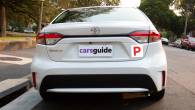

.jpg)
.jpg)

.jpg)
 copy.jpg)
.jpg)
.jpg)
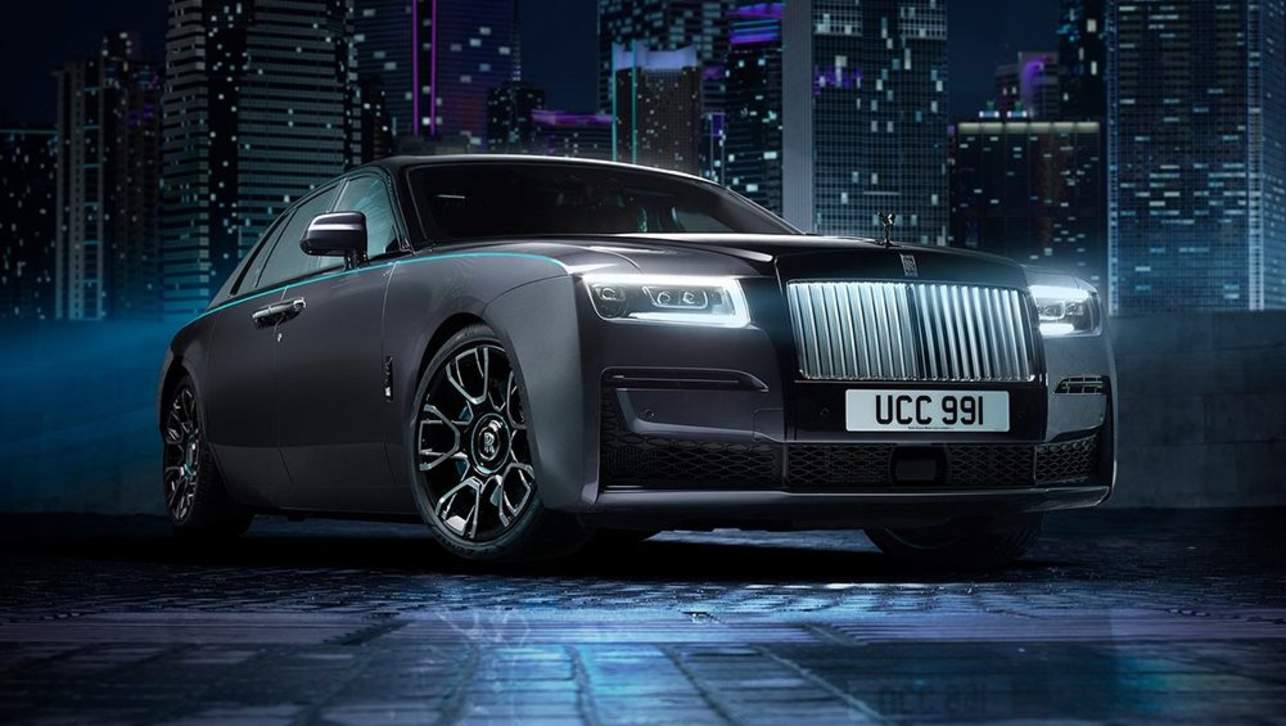
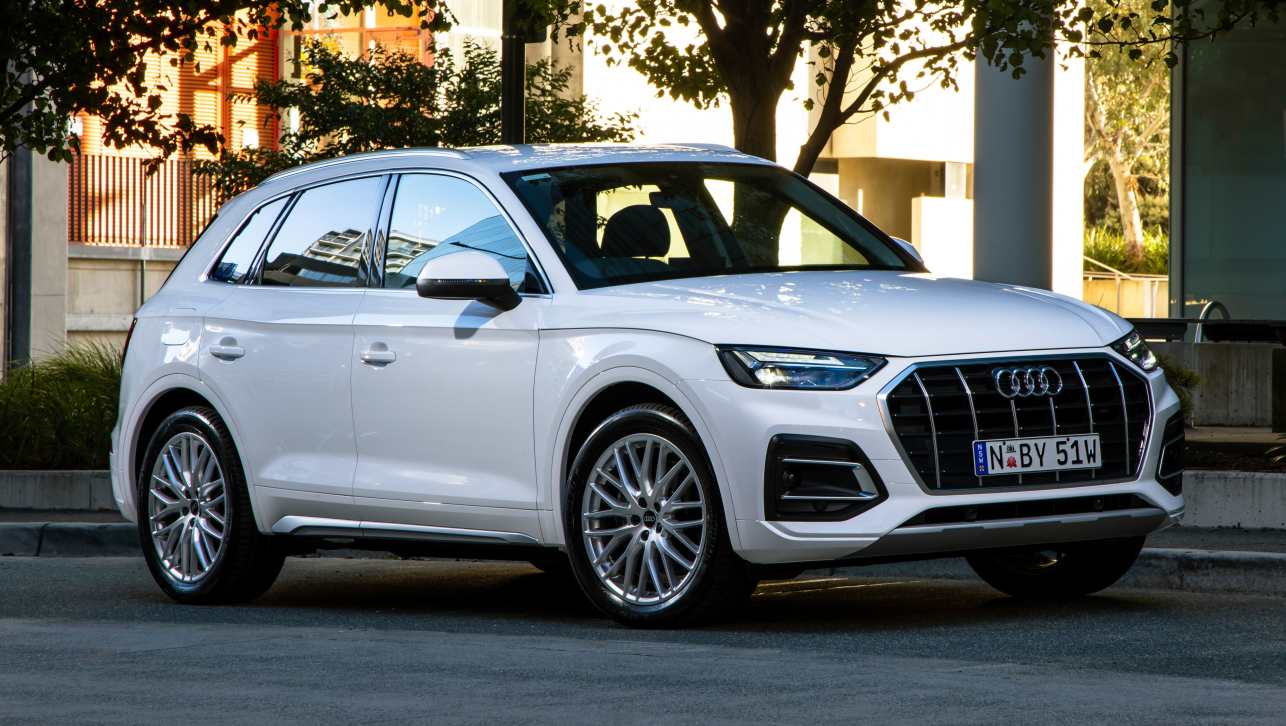
.jpg)
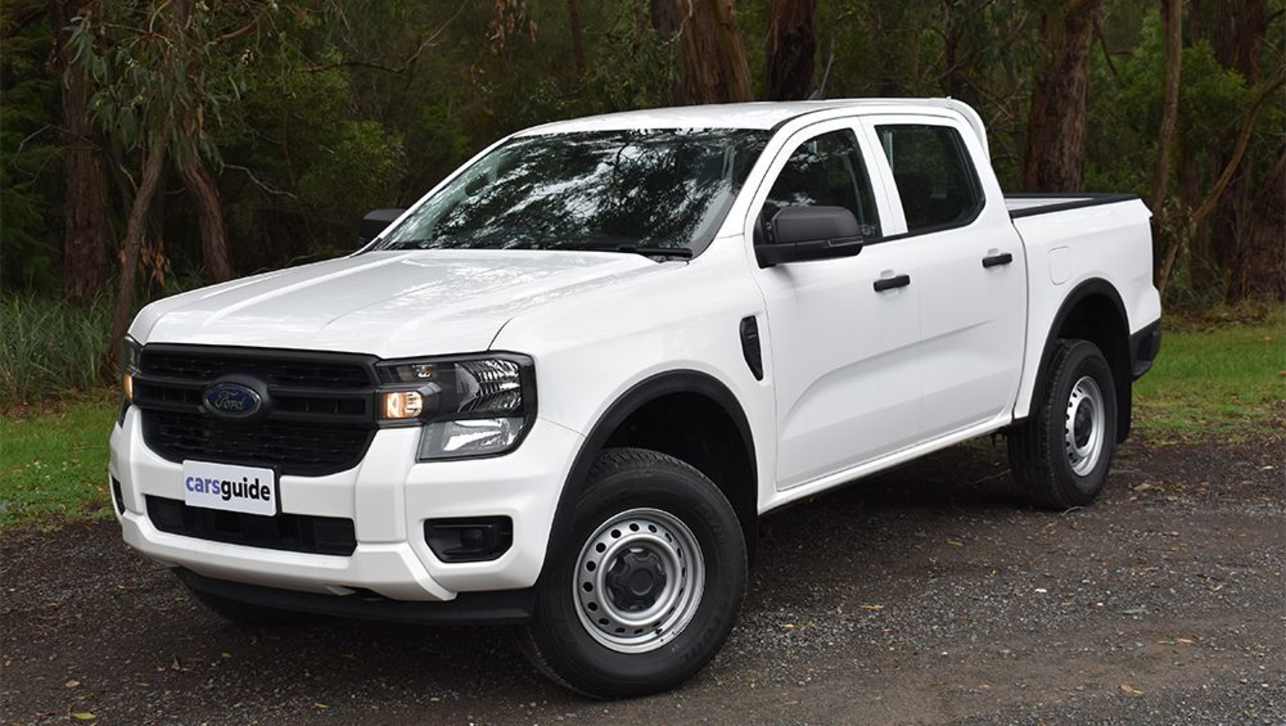
.jpg)


.jpg)














.jpg)
.jpg)
.jpg)
.jpg)
.jpg)
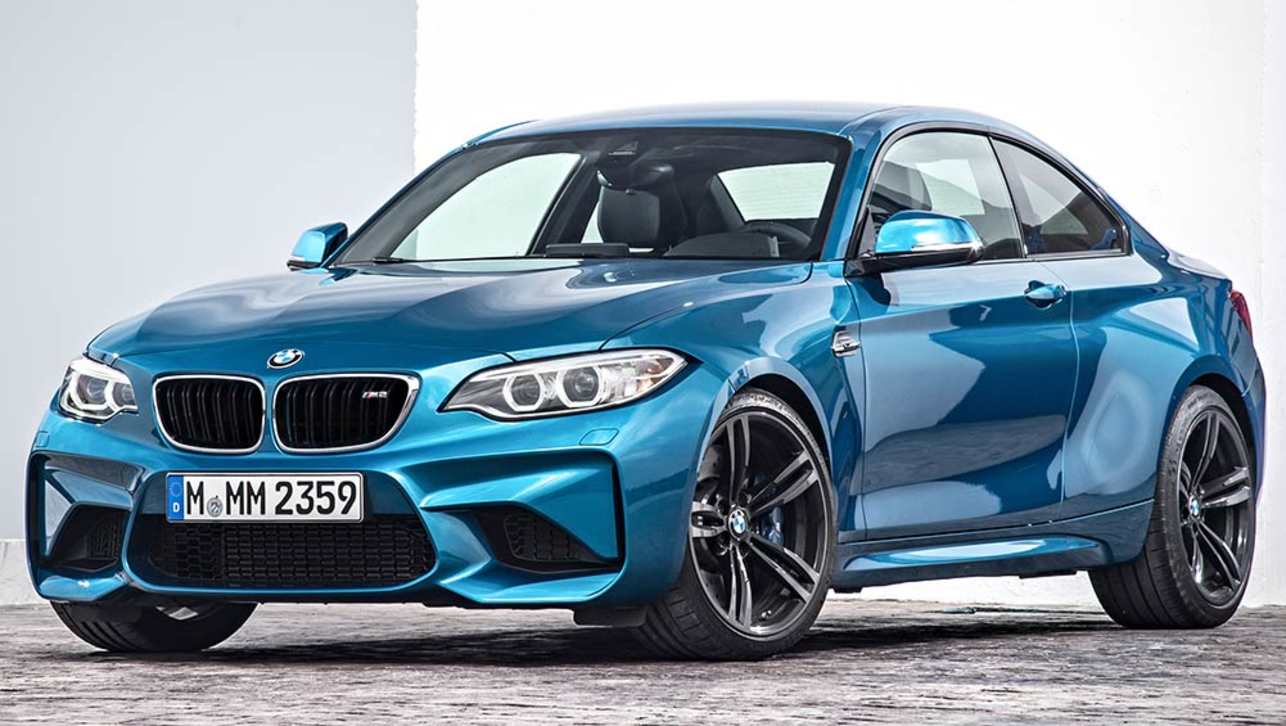





Comments